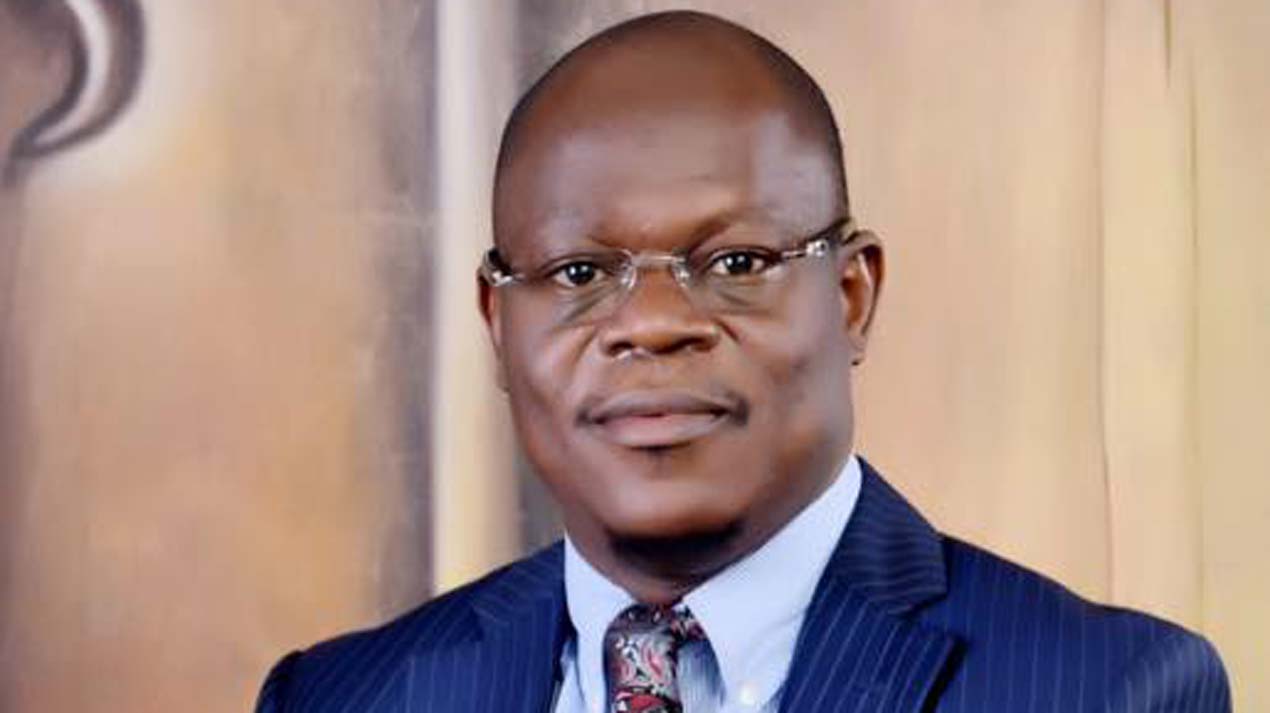
Osun State House of Assembly has passed 44 new laws since 2011, while 20 of similar legislations are pending before the House.The State Attorney General and Commissioner for Justice, Dr. Basiru Ajibola, made this known in a media parley with judicial editors at the weekend in Lagos.
According to him, among those pending is the administration of criminal justice law.He said: “In terms of the Criminal Justice Administration Law (ACJA), we did not just re-cogitate what the federal government has put in place in the ACJA, because we discovered that some clauses are problematic. So we have made some amendments to it.”
He stated that among the passed 44 laws is a corpus of what is called public finance management legislations. “And this comprise the fiscal responsibility commission law, the bond note issuance law and the Omo Oluabi conservation law. These are the laws by which we were able to access the capital market to raise N30billion facility because we know that taking the facility from capital market is more beneficial to the state both in terms of their tenure and terms and also, because it also allows transparency. That law helped us out when things became very hard due to the freezing of our economy.
“Omo Oluabi conservation law is a unique law. It stipulates that a percentage of the revenue of the state should be kept in a special account, which is called Omo Oluabi conservation fund. And the fund can only be taken out with special resolution of the state assembly and basically, there is what we called infrastructure fund, future generation fund and stabilization funds.”
He noted that money could only be withdrawn from infrastructure funds when the government cannot pursue infrastructure development, except at adverse interest rate as defined under the law.
His words: “There is also future generation law, by which certain percentage of the revenue of the state is set aside for future generation because we can’t just spend all that we have. This fund was started with N4.2 billion and it grew over a period of time. But at a point when our capital projects were challenged due to the challenges in terms of revenue allocations, we were able to draw some money from the fund by the resolution of the state house of assembly and were able to complete those projects. And those funds, having been earmarked by law, cannot be used for frivolities or even recurrent expenditures.
“We discovered that the bane of development in Nigeria is that the bulk of our money goes to recurrent expenditure and there can’t be development if you don’t have capital expenditure as the focus of your development. So that law is unique.”
Ajibola said the state also has before the state assembly, a novel bill named land-holding bill. What the law does, he said, is to address the challenge in acquiring land for agricultural purpose. “We have also reviews the penalties and fines laws. So many laws, we have done, but it is still work in progress,” he declared.



